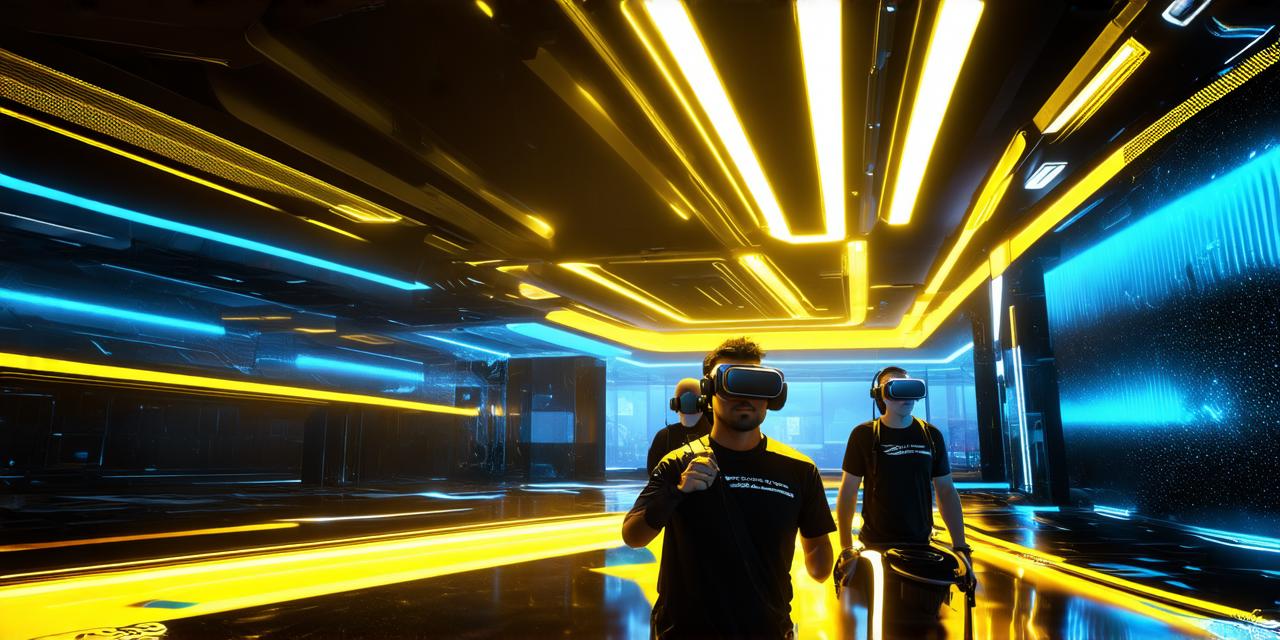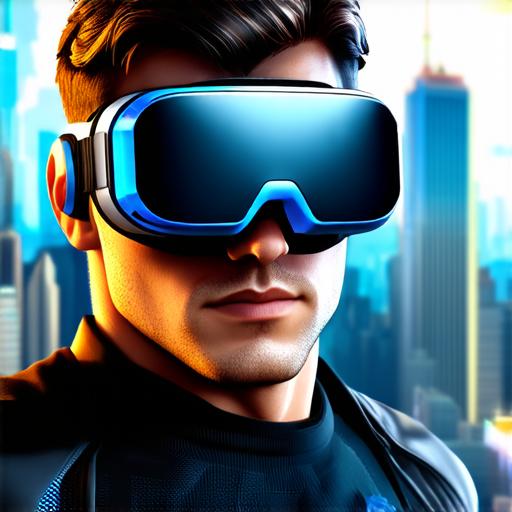
What are the applications of virtual reality?
Virtual reality (VR) technology has advanced rapidly in recent years and has become increasingly popular for a wide range of applications. This article will explore the many uses of VR, from entertainment and gaming to education and training, healthcare, and beyond.
Entertainment and Gaming:
One of the most well-known applications of virtual reality is in the entertainment industry, specifically gaming. With VR headsets, players can immerse themselves in a fully interactive, three-dimensional world that responds to their actions in real time. This creates an incredibly engaging and immersive gaming experience that has already led to the development of many popular VR games, including virtual reality rollercoasters, puzzle games, and first-person shooters.
Education and Training:
Virtual reality is also increasingly being used for educational purposes. It allows students to experience a wide range of environments and situations in a safe and controlled environment, which can be particularly useful for subjects such as history, science, and language learning. VR technology has also been used for training simulations in fields such as aviation, healthcare, and military.
Healthcare:
Virtual reality is also being used in the field of healthcare to treat a variety of conditions. It can be used to create realistic simulations of medical procedures, which can help doctors and nurses improve their skills and reduce the risk of mistakes during actual surgeries and treatments. VR technology can also be used for pain management, by creating immersive experiences that distract patients from their pain and improve their overall comfort.
Tourism:
Virtual reality is also being used in the field of tourism to give people the ability to experience destinations all over the world without ever having to leave home. This can be particularly useful for people with disabilities or those who cannot afford to travel, as well as for people who want to explore different cultures and experiences without the cost and hassle of traditional travel.
Mental Health:
Virtual reality technology is also being used in mental health treatment, specifically for conditions such as anxiety, depression, and post-traumatic stress disorder (PTSD). By creating realistic simulations of situations that trigger these conditions, VR can help patients learn coping strategies and overcome their fears in a safe and controlled environment.
Other Applications:

Virtual reality technology has many other applications beyond the ones mentioned above. It can be used for sports training, art creation, and even for virtual events such as concerts and conferences. The possibilities of VR are almost limitless, and it is likely that we will continue to see new and innovative uses of this technology in the future.
In conclusion, virtual reality technology has many applications beyond entertainment and gaming. It can be used for education, healthcare, tourism, mental health treatment, and even for other purposes. With ongoing advancements in VR technology, it is likely that we will see new and exciting uses of this technology in the future.


